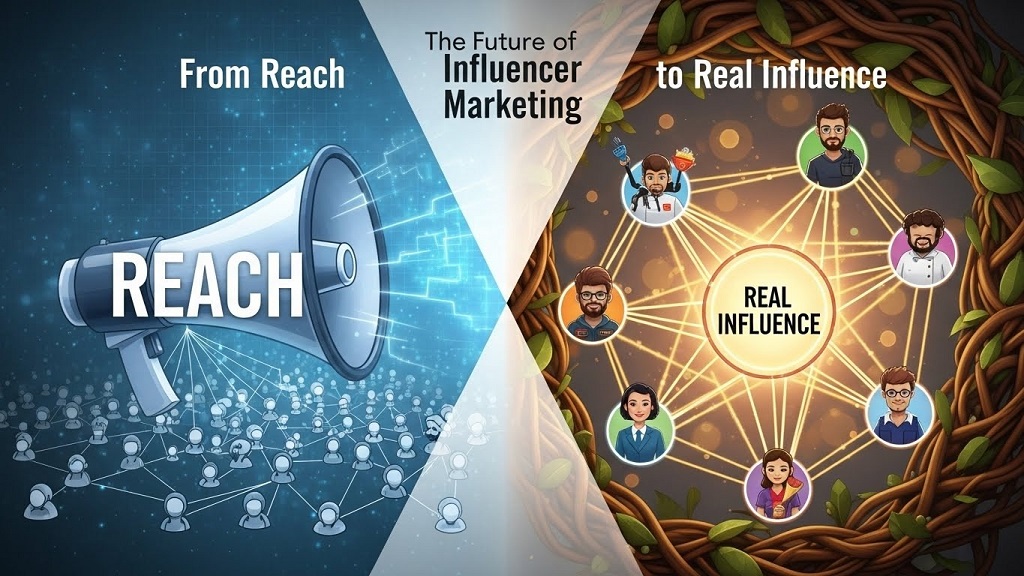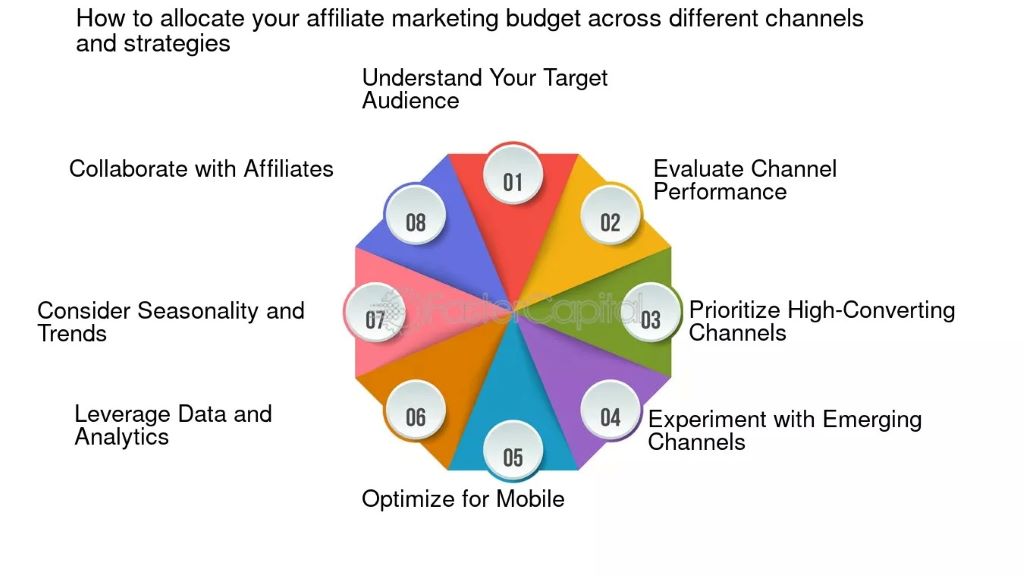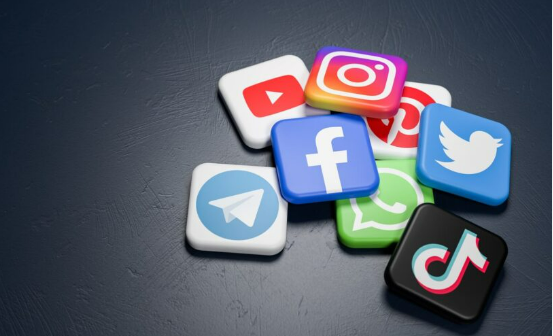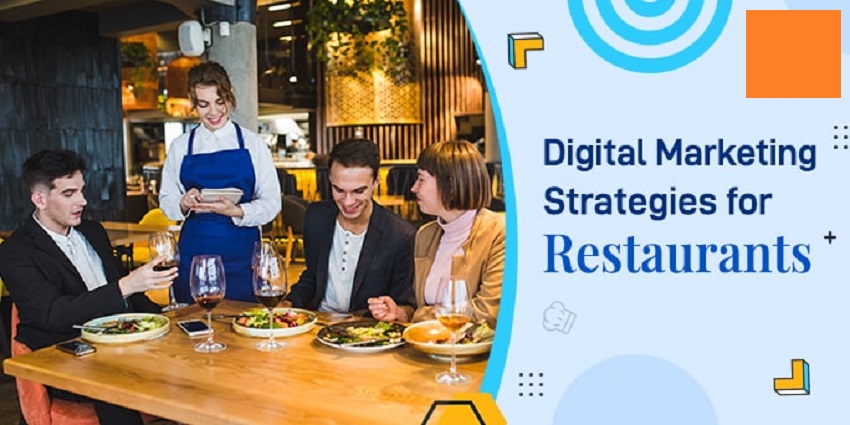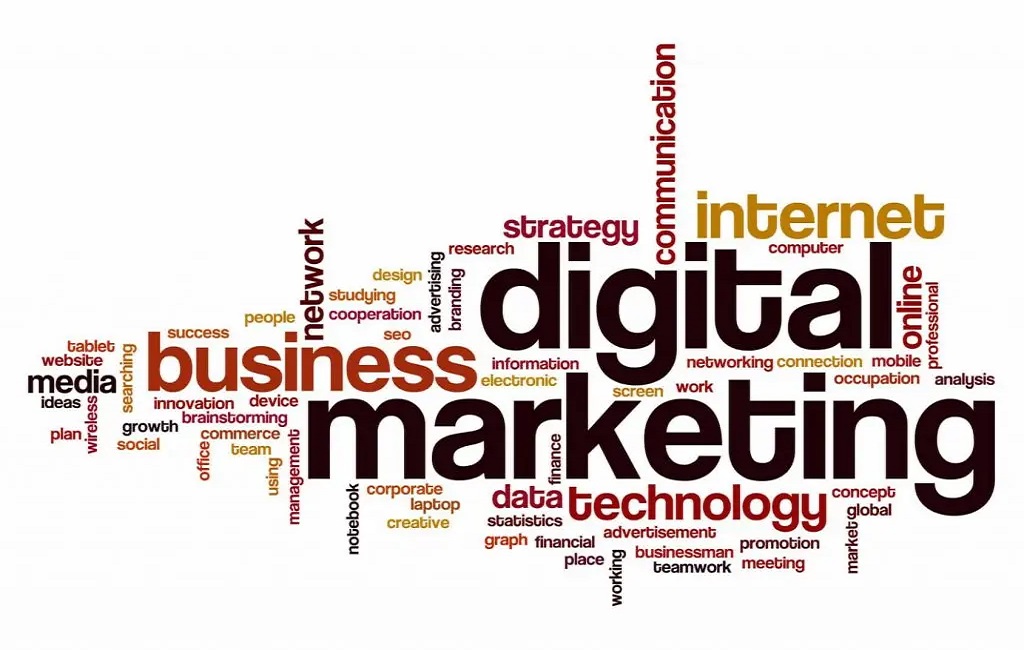Hey there, fellow foodie entrepreneur! So, you’ve got this fantastic restaurant, a menu that makes mouths water, and an ambiance that’s just perfect. But how do you let everyone know about it in this digital age where attention is the new currency? Welcome to the world of digital marketing for restaurants – where the magic happens beyond the dining tables! Let’s dive into some cool ideas to spice up your restaurant’s online presence and attract hungry customers like bees to honey. 1. Mouthwatering Visuals: The Appetizer Think about it: when you’re scrolling through social media, what makes you stop? It’s those drool-worthy food photos, right? Invest in high-quality, tempting images and videos of your dishes. Showcase your chef’s specials, signature cocktails, or the process behind your secret sauce – make your audience crave your food before they even step foot inside. 2. Social Media Savvy: The Main Course Social media isn’t just a platform; it’s a playground for restaurants! Be present and active on platforms where your audience hangs out. Instagram, Facebook, TikTok – wherever your potential diners are. Engage with them through posts, stories, live videos, and contests. Show the personality of your restaurant, share behind-the-scenes glimpses, and encourage user-generated content through hashtags and challenges. 3. Online Reviews: The Trusty Side Dish Imagine picking a restaurant. What’s the first thing you do? Check the reviews! Positive reviews are like golden tickets, so encourage your satisfied customers to leave feedback on platforms like Yelp, Google, and TripAdvisor. Respond graciously to both positive and negative reviews – it shows you care about your customers’ experiences. 4. Email Marketing: The Special Dessert Craft an email strategy that’s as irresistible as your dessert menu. Collect email addresses through your website or in-person visits, and then send out enticing newsletters, exclusive offers, and updates about new dishes or events. Personalize the content to make your subscribers feel like VIPs. 5. Website Wizardry: The Grand Finale Your website is your digital storefront. Ensure it’s user-friendly, mobile-responsive, and showcases your menu, location, hours, and reservation system prominently. Optimize it for local SEO by using keywords like your restaurant’s name, cuisine, and location to make it easier for hungry souls nearby to find you. FAQs: How can I encourage user-generated content on social media? Encourage customers to share their experiences by hosting photo contests, offering discounts for tagged posts, or creating a unique hashtag for your restaurant. Should I focus on all social media platforms equally? No, focus on platforms where your target audience is most active. It’s better to excel on a couple of platforms than to spread too thin. How often should I send out emails to customers? Aim for consistency without bombarding them. Once a week or bi-weekly is a good starting point, but adjust based on your audience’s engagement. What’s the best way to respond to negative reviews? Acknowledge the issue, apologize sincerely, and offer to resolve the problem offline. Show that you’re committed to improving. Do I need a professional photographer for food pictures? While it’s beneficial, it’s not mandatory. With good lighting and a decent smartphone, you can capture appetizing images. So there you have it, a delicious menu of digital marketing ideas for your restaurant! Remember, it’s not just about selling food; it’s about crafting an experience that begins the moment someone sees your brand online. Let’s get cooking!
